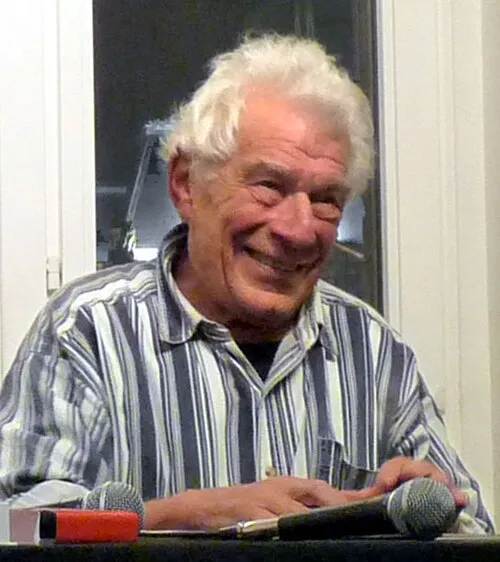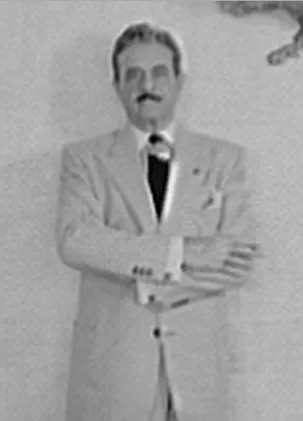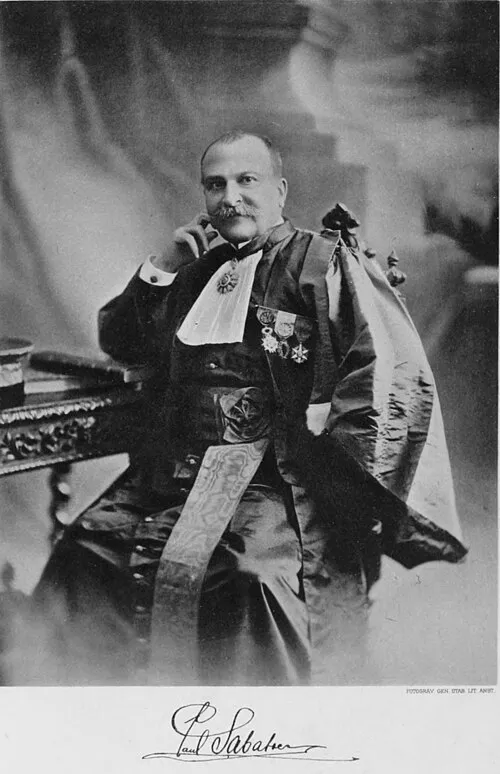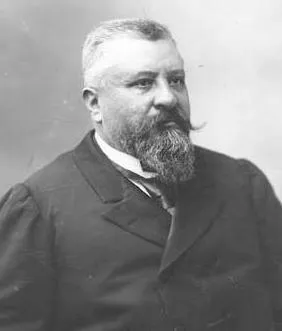
Birth Year: 1930
Nationality: German
Profession: Historian and academic
Death Year: 2015
Hans Mommsen: A Scholar's Journey Through the Twentieth Century
Born in 1930 in a Germany that was still reeling from the aftermath of World War I, Hans Mommsen entered a world steeped in conflict and change. This environment would not only shape his early life but also set the stage for his remarkable career as a historian. As the son of a middle-class family, he grew up during an era where academic pursuits were both revered and perilous. Perhaps this complex backdrop instilled in him an enduring passion for understanding history not merely as dates and events, but as narratives filled with human experiences and lessons.
Mommsen’s academic journey began at the University of Göttingen, one of Germany's most prestigious institutions. However, despite his promising start, he found himself grappling with the remnants of a divided nation; this was not just an ideological schism but one marked by deep emotional scars left by two world wars. His fascination with history deepened during these formative years as he sought to uncover what drove humanity to both brilliance and destruction.
Ironically, it was while studying historical trends that Mommsen found himself drawn particularly to totalitarian regimes an interest that would lead him to explore the rise and fall of Nazi Germany. He realized that understanding these dark chapters required more than just academic rigor; it demanded empathy for those who lived through such harrowing times. This nuanced perspective ultimately became one of his defining features as a historian.
After completing his studies in 1956, Mommsen’s professional life took off when he secured a position at the University of Mannheim. Here, amid intense discussions on political theory and historical interpretation, he honed his skills as an educator and researcher. It was also here that he began publishing works that challenged conventional narratives surrounding German history works that pushed against the grain yet resonated deeply within scholarly circles.
A Critical Voice Against Totalitarianism
Perhaps what set Hans Mommsen apart from many historians was not merely his subject matter expertise but rather how he approached it: with courage. In post-war Germany, where there lingered a tendency to romanticize certain aspects of national identity or gloss over uncomfortable truths about Hitler’s regime, Mommsen became increasingly vocal about confronting these myths head-on.
His seminal work "The Rise and Fall of Weimar Republic" published in 1974 exemplifies this approach offering insightful analysis into how socio-political dynamics contributed to totalitarianism's emergence while arguing against reductive explanations based solely on economic woes or personality cults surrounding leaders like Adolf Hitler.
A Legacy Built on Insightful Analysis
Merging rigorous research methodologies with compelling narrative techniques allowed him to connect dots often overlooked by others within academia and perhaps this is why students flocked to hear him lecture! Whether discussing governance structures or individual biographies within Nazi Germany's historical context a topic rife with complexity Mommsen engaged audiences not only through facts but stories laden with humanity's struggles.
The Ripple Effect Beyond Academia
This emphasis on storytelling over mere factual recounting positioned Hans Mommsen at odds with some traditionalists who preferred strict adherence to chronological recounting methods devoid of emotional resonance! Yet paradoxically the very controversies surrounding his assertions garnered even wider attention from scholars eager for fresh perspectives to laypeople curious about their pasts’ intertwined tales!
Pushing Boundaries Through Controversy
Dare we say? Arguably partaking in debates regarding memory politics helped cement him further into public consciousness! For instance in 1996 after publishing essays critiquing historians who downplayed Nazi culpability under arguments emphasizing collective guilt among Germans he sparked heated debates across media platforms prompting introspection amongst various strata related directly back towards national identity questions faced within contemporary society!
The Personal Side: Family & Influence
Despite criticisms received throughout various stages a remarkable aspect remained consistent; throughout every success achieved personally & professionally during decades-long commitments made towards academia you could find reflections shared closely associated familial bonds too!
No doubt all those late-night discussions around dining tables sparked insights later transposed onto pages written under great duress simply trying piece together coherent accounts encapsulating periods where humanity triumphed & stumbled alike... After all it wasn’t mere textbooks forming foundations laid down though literary artifacts rich grounded principles embedded deeply within familial legacies passed over generations long before reaching them!
A Glimpse into Later Life & Legacy Recognition
Moments captured late into senior years reveal humility remained core principle guiding everything undertaken until passing away peacefully aged eighty-five (2015)
A Modern Connection: Reflecting Today’s Discourse on Memory Politics
Today












